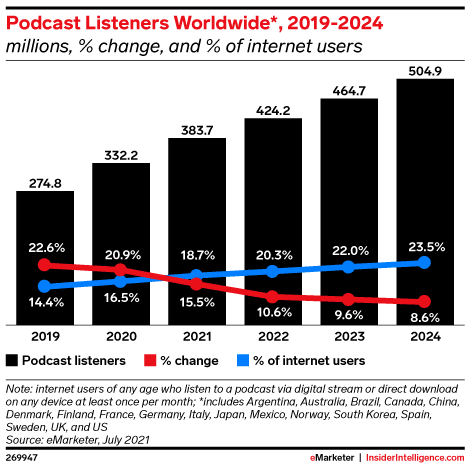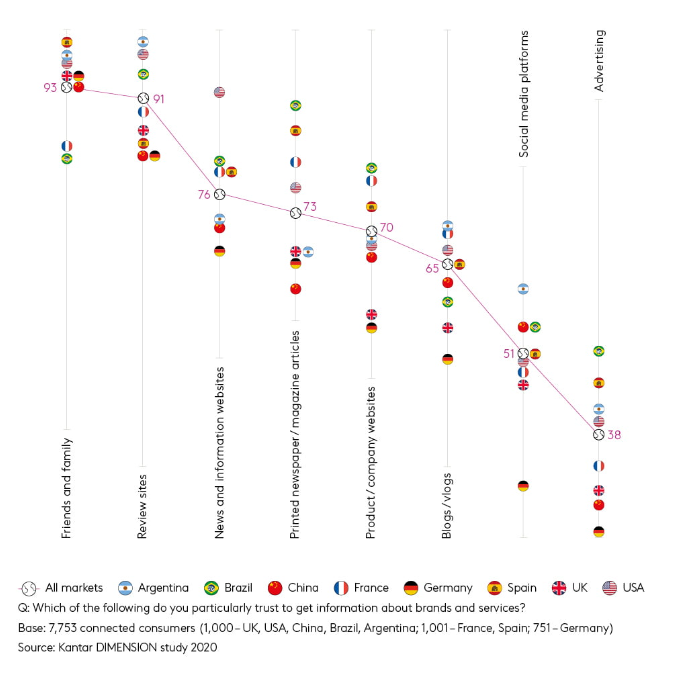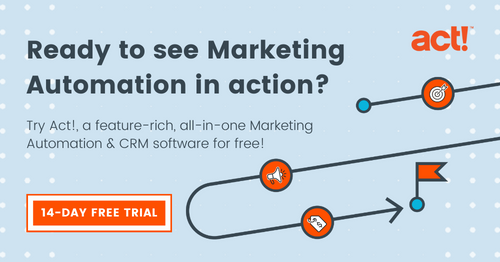
The last few years haven’t been easy for small business owners. The pandemic, geopolitical issues, supply chain disruptions, soaring interest rates, and high inflation have slowed global growth. While purse strings have tightened, marketing has become more important than ever. Yet, most small business owners can’t afford exorbitant advertising and marketing budgets. Eight out of ten small businesses are run by solopreneurs, meaning they don’t have a dedicated marketing team.
Nonetheless, if you’re a small business owner, now’s the right time to promote and grow your business. You must execute the right marketing campaigns to attract new customers and build lasting relationships with existing ones. There are numerous low-cost techniques that can help with marketing your small business on a budget. The key is to identify the right ones for your business.
In this article, we’ll delve deeper into a few affordable marketing tips for small businesses and startups.

Invest in high-quality content
According to a recent report, 71 percent of B2B marketers believe content marketing became more important to their organisation in the last year. Seventy percent of B2C marketers report the same.
That means it’s high time to start planning your content marketing strategy (if you haven’t done so already).
First things first—you don’t need a ton of money to publish superior-quality content. What you need is a deep understanding of your target audience, including their aspirations and struggles.
Next, distribute your content using various digital marketing techniques, including social media marketing, online influencers, and emails. It’s also important to understand search engine optimisation (SEO) best practices to optimise your content with the right keywords so it will rank higher in search results.
Besides blog posts, you can also publish content in other formats, such as:
- E-books
- Case studies
- Whitepapers
- Industry reports
- Memes
- Infographics
It’s also a good idea to repurpose existing content assets in different formats to maximise their reach and longevity. For instance, you can create an infographic using key data and findings from an industry report.

Start a podcast
Podcasting is a low-cost marketing tactic that helps build your brand reputation and thought leadership. With more than 464 million people listening to podcasts in 2023, they’re an excellent brand-building and marketing tool.

Image via Insider Intelligence
Contrary to popular belief, you don’t need fancy equipment to host podcasts. Instead, you can get started with a decent microphone and camera.
The more crucial aspect of podcasting is identifying topics that will resonate with your target market.
Interview prominent industry leaders, fellow podcasters, and entrepreneurs (who aren’t direct competitors) to amplify your podcast‘s reach. Also, promote the podcast on your company’s blog, social media profiles, and newsletters.
Case in point—the launch of Dags Hub, an open-source data science collaboration platform, was followed by the release of The MLOps Podcast. The podcast covers various topics related to taking machine learning models to production. That, in turn, has helped Dags Hub build an active community of data scientists, the platform’s target users.
Personalise email marketing campaigns
Email marketing continues to be one of the most affordable marketing ideas for small businesses. It provides a channel to communicate with existing and potential customers directly and delivers excellent ROI.
However, sending run-of-the-mill newsletters with generic content, product recommendations, and offers won’t work in 2023. Instead, you must tailor your email marketing campaigns to different audience segments.
It’s crucial, considering that 62 percent of consumers say a brand will lose their loyalty if it delivers an impersonal experience. That’s what makes personalisation one of the most integral marketing automation trends of 2023.
But personalisation doesn’t mean just adding a recipient’s name to the subject line or email body. Instead, you must customise your campaigns for leads and customers in different stages of the sales funnel.
A feature-packed marketing automation platform like Act! comes in handy here. With Act!, you can send personalised emails to customers based on their interactions with previous campaigns. This helps you take each customer on a unique purchase journey tailored to their needs, online activity, and interests.
Most marketing automation platforms also integrate with your customer relationship management (CRM) system, simplifying personalisation further. With a CRM, tracking customer activity and behaviour becomes easier, helping marketing teams make more data-driven decisions.
Forge strategic partnerships
Small business marketing can be challenging, but it doesn’t have to be a lonely journey. You can collaborate with businesses in similar categories (but not direct competitors) to host webinars, virtual summits, and other online events.
It’s a low-cost marketing tactic to promote your business to a new audience. And it can strengthen your company’s reputation as an industry leader.
Let’s say you’re building a payment platform for software-as-a-service (Saa)S businesses. You can partner with companies that offer cloud hosting, project management, and low-code development solutions to host a webinar on “How B2B SaaS Providers Can Maximise Profitability During a Recession.”
Each of your partners will promote the event in their networks, giving your brand maximum visibility to help you attract more clients and build a stronger brand.
Launch a referral program
Consumers trust product recommendations from their friends and family more than branded advertising campaigns. You can use that to your advantage by starting a referral program.

Image via Kantar
Offer your existing customer base an incentive to recommend your product or service to their contacts. You can give them a discount on their next order or a free upgrade in exchange for each signup.
A strong referral program can help you win customer loyalty and drive revenue without increasing customer acquisition costs. One of the most successful examples is Airbnb’s referral program, which helped the company skyrocket signups and online bookings.
Build your personal brand
Building a solid online presence and brand awareness is crucial for small business owners. It’s a low-cost marketing idea that establishes authority and credibility, helping attract potential customers, employees, and investors.
From sharing insightful content on LinkedIn to speaking at industry events, there are various ways to grow and promote your personal brand. Another clever tactic is actively engaging with the local community by donating to charities, hosting fundraisers, and attending local networking events.
Affordable marketing for small businesses
You don’t need millions of dollars to develop and execute marketing campaigns successfully. There are several low-cost marketing tactics you can use. Publishing top-notch content and leveraging industry partnerships can help you reach your target audience. Starting a referral program to grow your business through word-of-mouth marketing is also a good idea.
It’s also smart to consider marketing automation software, CRM platforms, and other marketing tools to personalise your campaigns and enhance customer experience. A CRM like Act! with integrated automation features can help you cut marketing costs while driving conversions and revenue.







